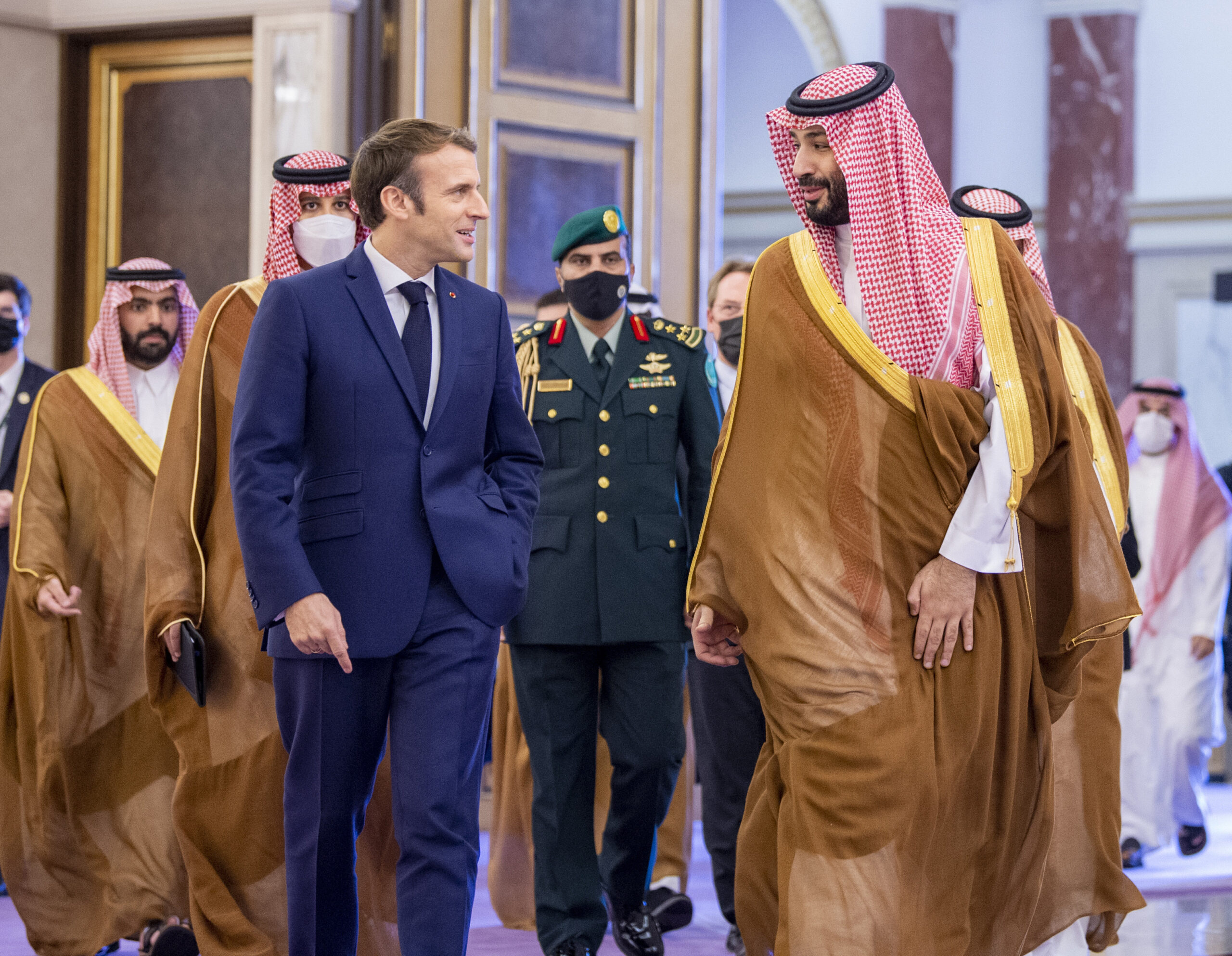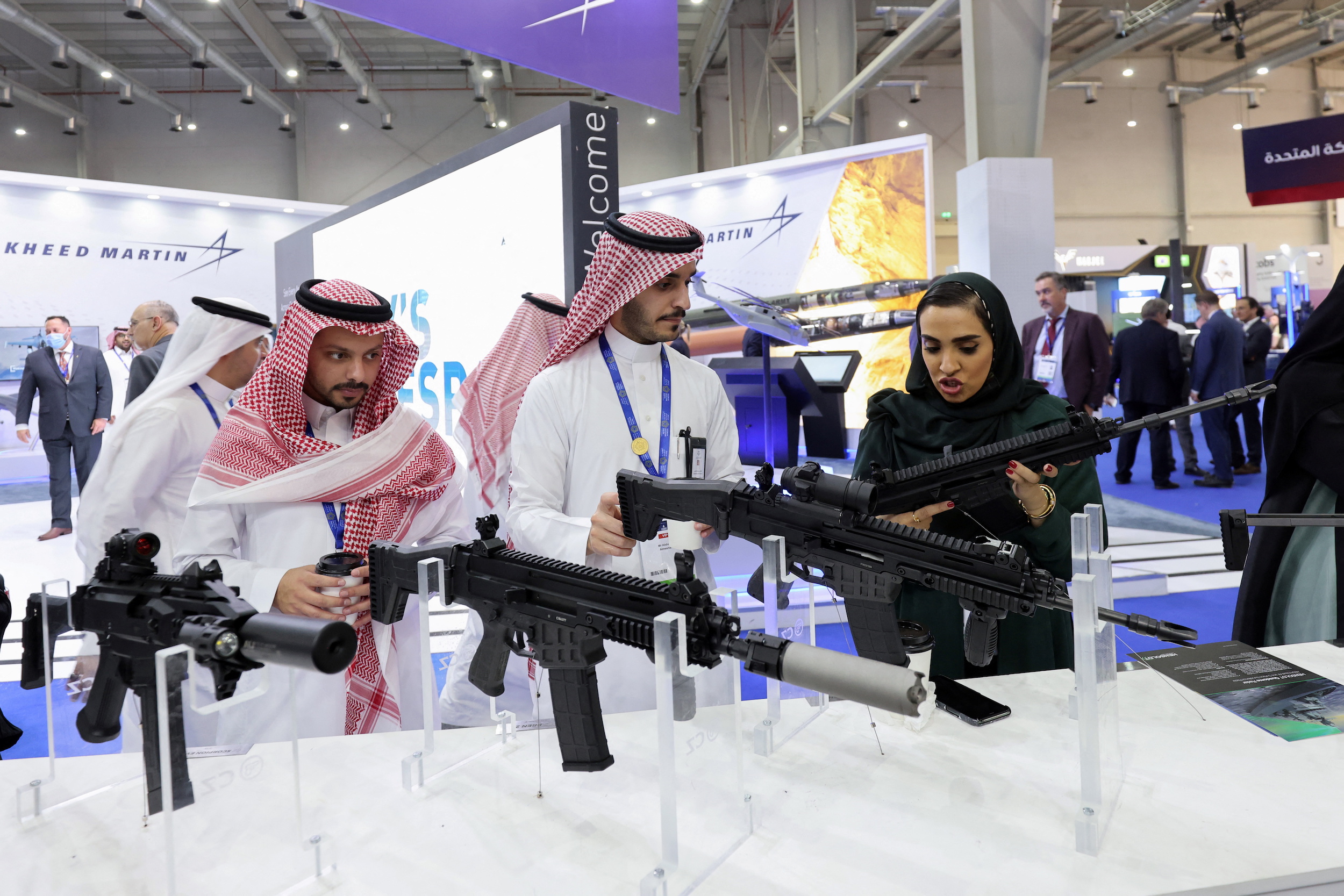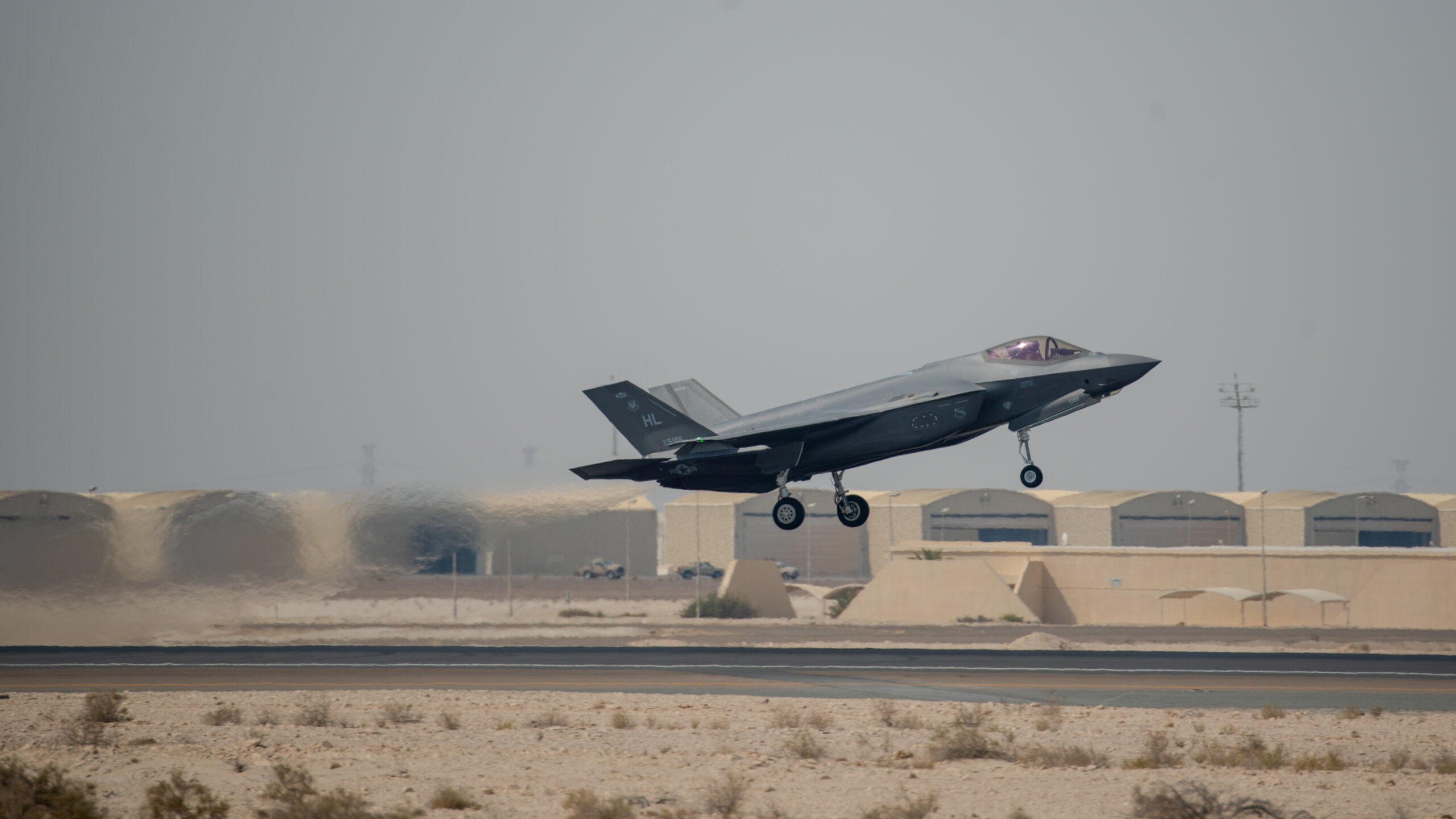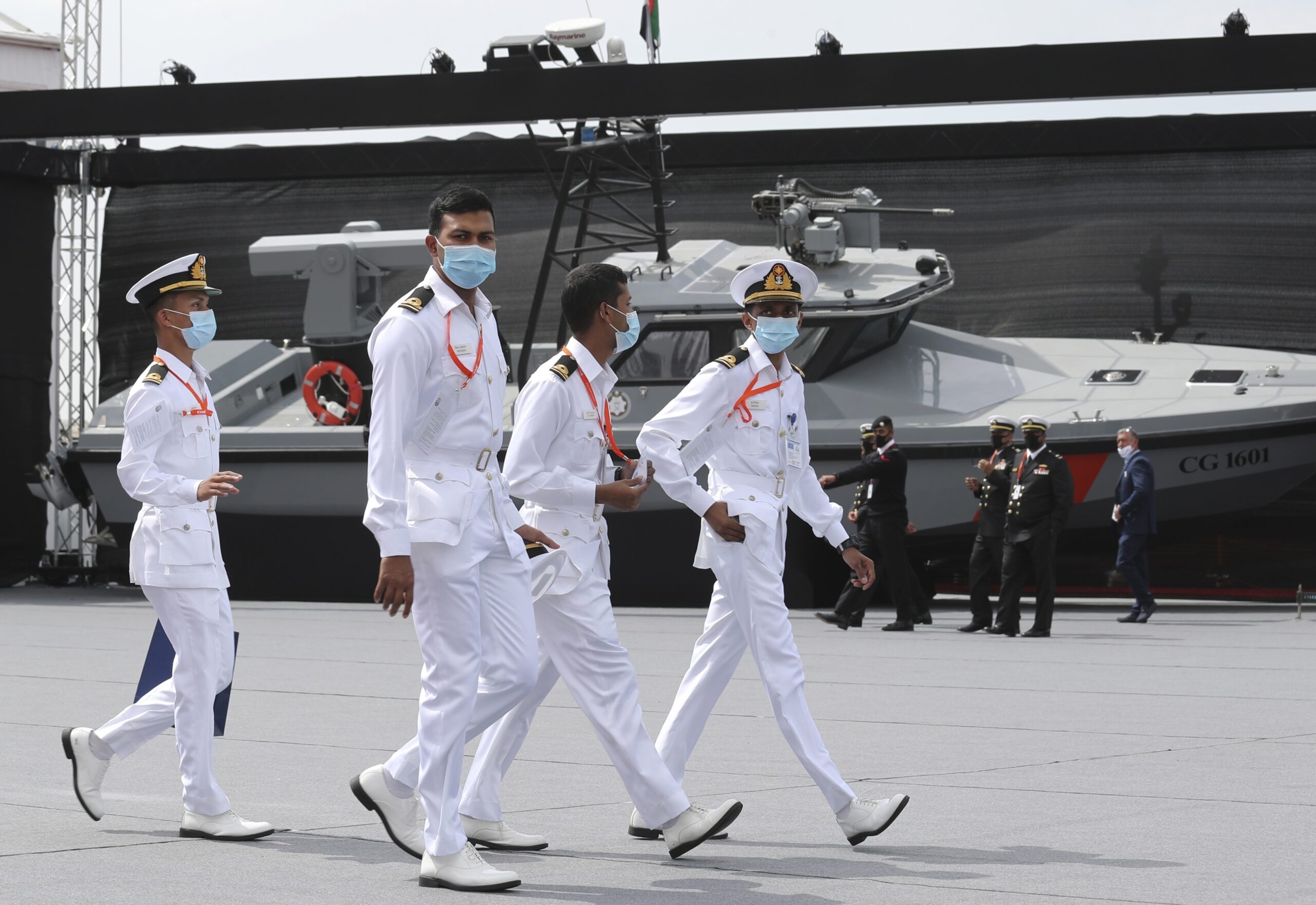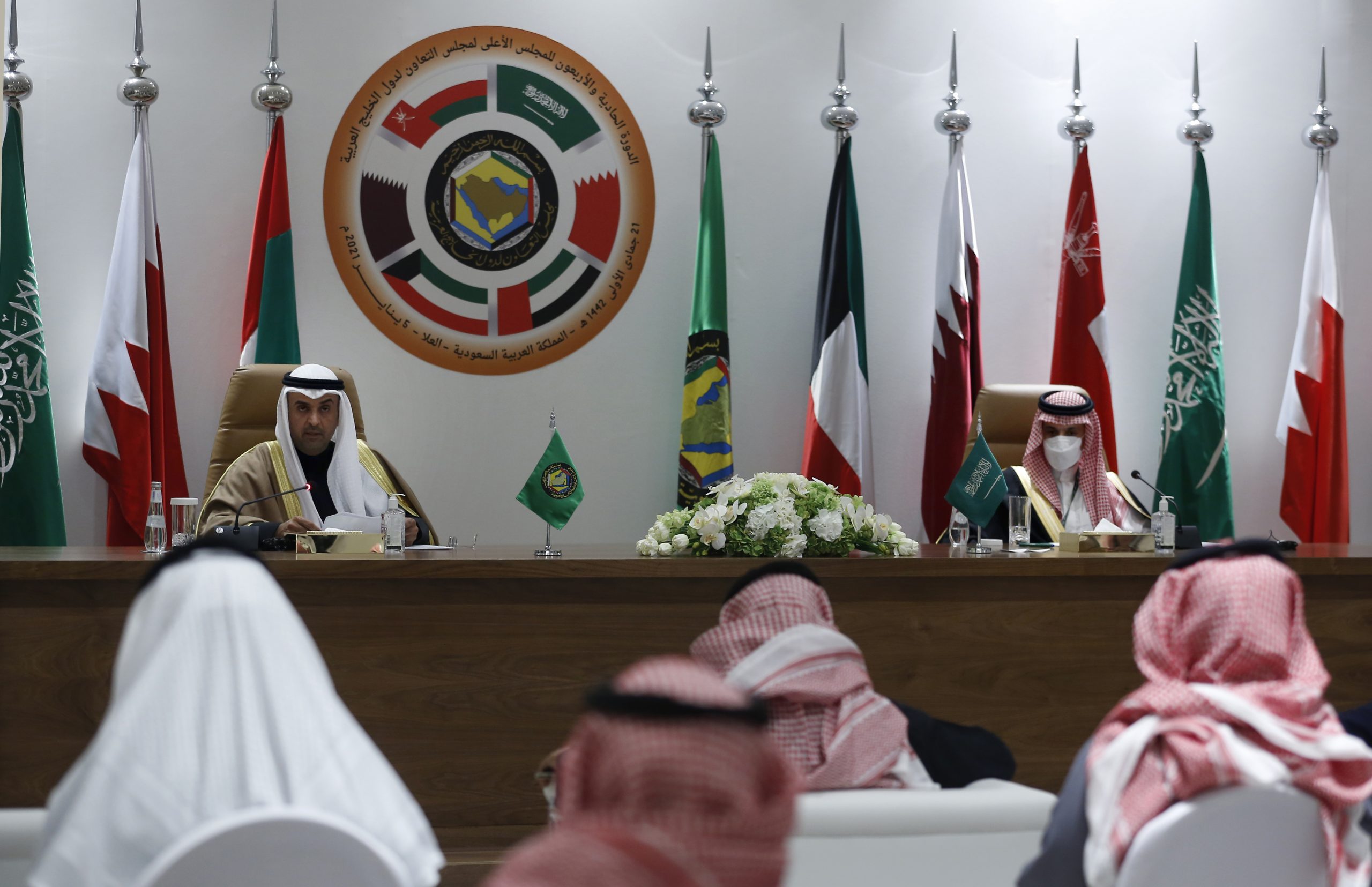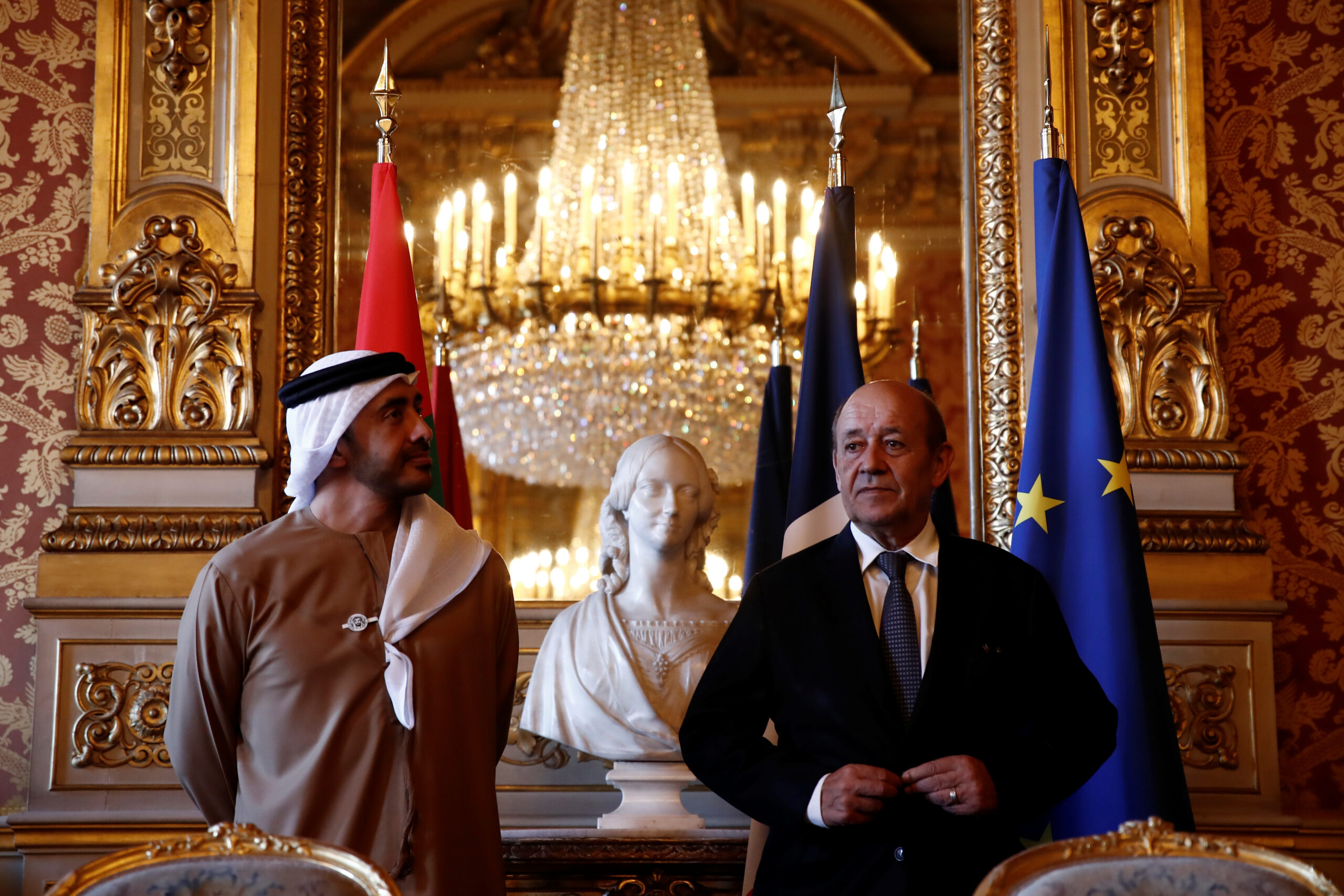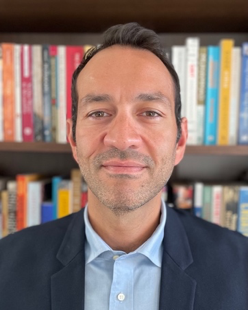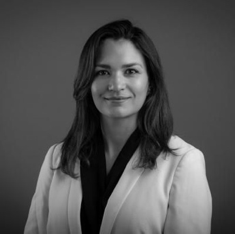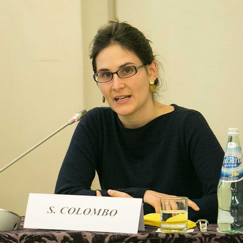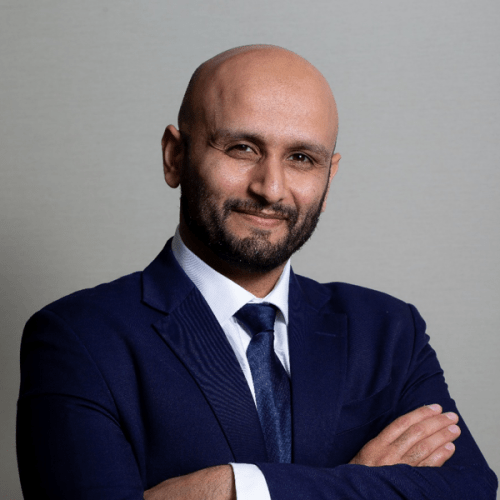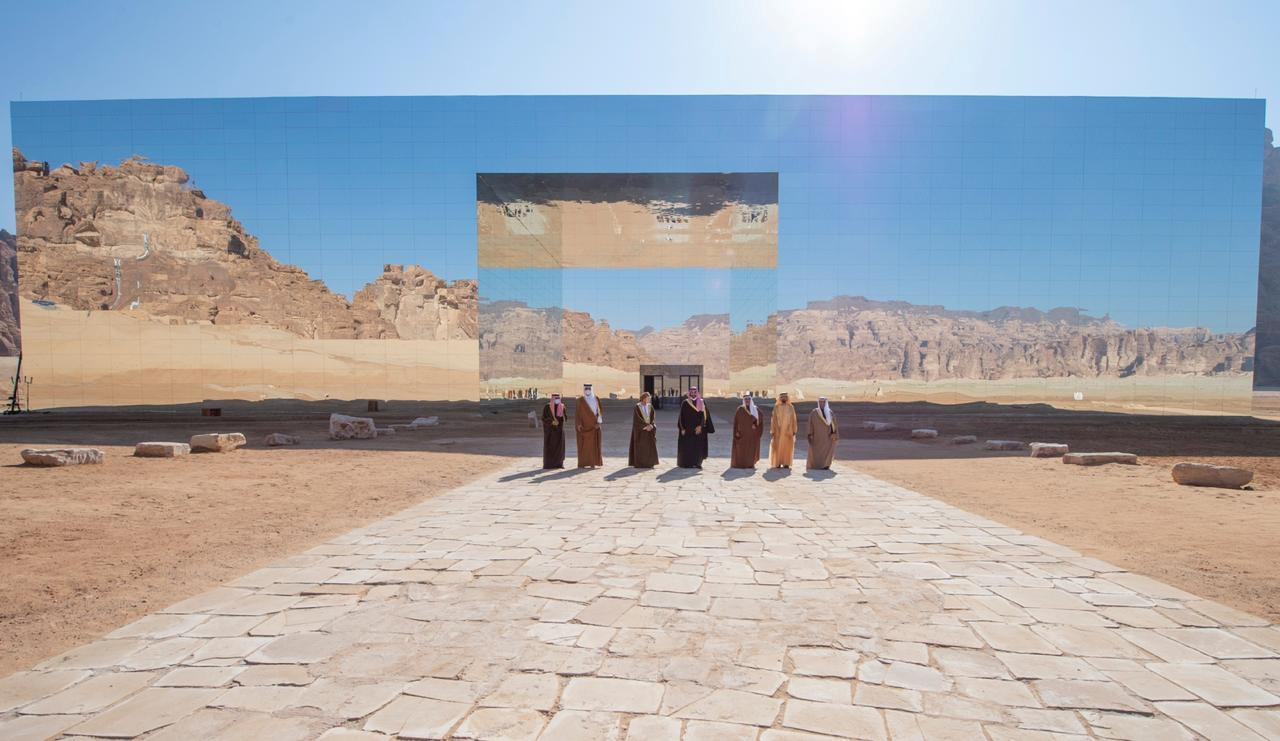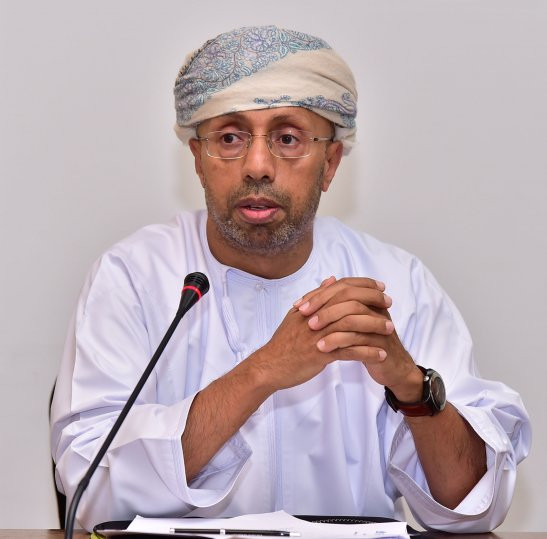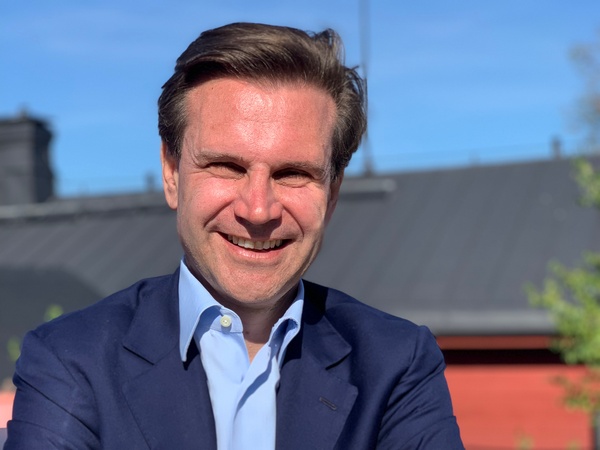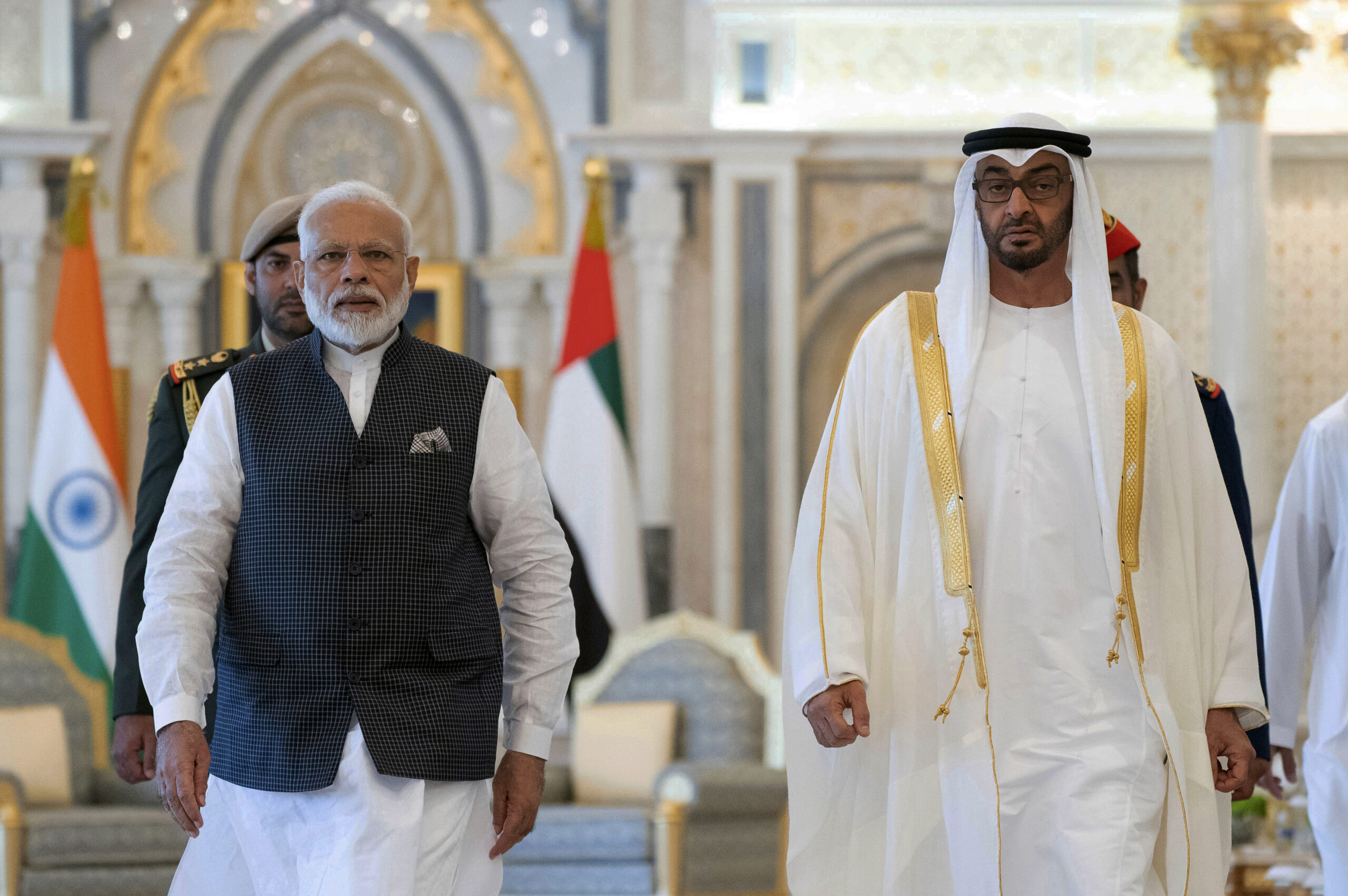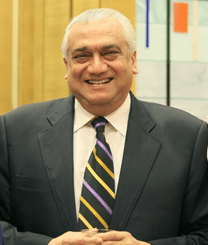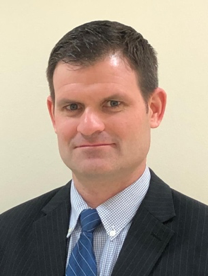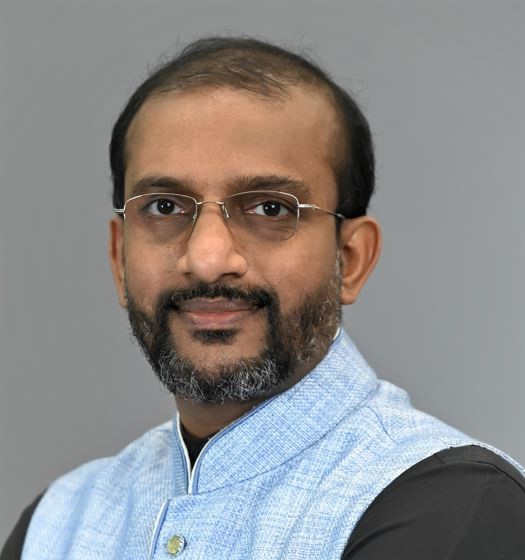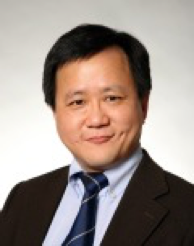Macron’s Midsummer Rendezvous: France-Gulf Ties Take Center Stage
For the French president, hosting the two Gulf leaders in July may have been a calculated risk amid a more forgiving domestic and regional political context.
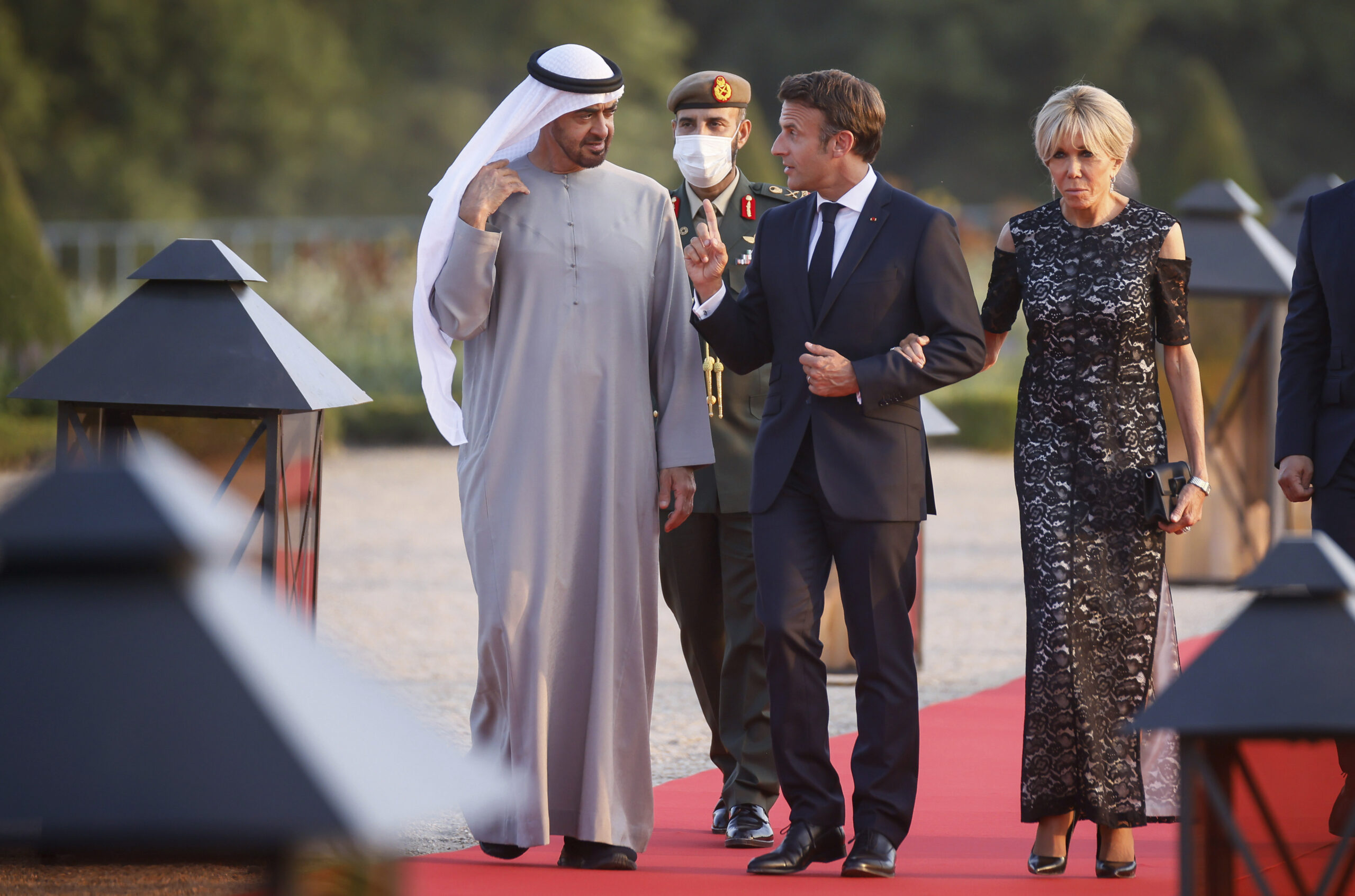
French President Emmanuel Macron received the new president of the United Arab Emirates, Mohammed bin Zayed al-Nahyan, as well as Saudi Crown Prince Mohammed bin Salman, in July. After a few months of increased heat on the French government for its relations with Middle Eastern strongmen, notably regarding approving arms deals against the backdrop of the Yemen war, this Gulf ballet at the Élysée may seem surprising. Why now, what was on the program, and what does this all mean?
French people are known to take a long break over the summer and restore energy levels for “la rentrée” (the start of the school year in September). Did their president try to use this to his advantage, also banking on the otherwise loud news cycle about Ukraine, energy prices, etc., hoping the Gulf leaders’ visits would fly under the radar and garner less pushback? Although the visits were described by some as “discreet,” they certainly weren’t low profile enough to suggest that Macron was seeking to avoid attention. In contrast, between the visits of Mohammed bin Zayed and Mohammed bin Salman, Macron received Egyptian President Abdel Fattah al-Sisi, and this visit was originally not even on the French president’s official agenda. There is in fact much more to the timing of the Gulf visits, in particular that of Mohammed bin Zayed – for whom Macron rolled out the red carpet.
Mohammed bin Zayed’s visit happened right after the simultaneous reelection of Macron in France and the accession of Mohammed bin Zayed to the presidency in the UAE. This provided a unique opportunity for the two leaders to confirm their special relationship. That Mohammed bin Zayed chose France for his first foreign trip as president is a strong signal of the priority given to nurturing relations with this international partner. It serves as a reminder that the two heads of state, who share a leadership style at once hyper-personalized and -centralized, also notably share a common vision of the advantages and opportunities of a multipolar world. Gulf states welcomed Macron’s reelection. So, from their perspective, the timing of these visits came down to a Macron effect. From the French perspective, other factors were also making such diplomatic visits less problematic.
While Mohammed bin Zayed’s visit was largely celebrated, Mohammed bin Salman’s visit made some more waves in Paris. In French media, Mohammed bin Zayed ’s visit was presented in overall positive terms, with a mere mention that the UAE has many similar issues to Saudi Arabia when it comes to human rights abuses. For Mohammed bin Salman’s visit, media more clearly shed light on the controversy surrounding it, inviting debate as to whether it was “morally acceptable” to receive the Saudi leader. To be sure, two foreign nongovernmental organizations filed a criminal complaint in Paris against Mohammed bin Salman over the murder of Washington Post journalist Jamal Khashoggi while the crown prince was in the French capital. Ahead of Mohammed bin Zayed’s visit, three NGOs also wrote an open letter to Macron asking him to raise the issue of rights and freedoms in the UAE and to halt arms sales to the Emiratis in compliance with France’s national and international commitments.
Nonetheless, for a number of reasons, the French president seemed confident that these visits would not backfire or at least not dramatically impact his popularity. Some factors are tied to France’s domestic politics. While Macron was reelected in May, some commentators suggested he earned a “triumphless victory,” notably tarnished by the far right’s historic performance. Moreover, a “vital test” still awaited him with the June parliamentary elections where his centrist coalition faced a strong far right but also the first left-wing coalition in France in 20 years. In the end, Macron’s coalition failed to secure an absolute majority in Parliament (also a first in the past 20 years for a newly elected French president). He, however, avoided what would have been more of a “nightmare” for him: a victory of the Nouvelle Union Populaire Ecologique et Sociale (the New Ecological and Social People’s Union), the left-wing alliance built by Jean-Luc Mélenchon. Had this coalition won, the president may have deemed it more prudent to hold off on hosting the two Gulf leaders, given how vocal its parliamentary representatives are against Macron’s “flattering the ego of tyrants” and “checkbook diplomacy.”
Hosting the two Gulf leaders in July may have been a calculated risk amid a political context deemed more forgiving on the domestic stage but also at a regional level, against the backdrop of the recent unveiling of the European Union’s “Strategic Partnership with the Gulf” and international developments pushing European countries to reconsider their critical stance toward Saudi Arabia and the UAE. Other factors that contributed to these visits’ timing are indeed linked to global events. The cease-fire in Yemen may have alleviated pressure on European powers to distance themselves from Saudi Arabia and the UAE (especially when it comes to selling them arms). More important, the Ukraine war and the ripple effects on food, energy, and finance systems may have made the French population more open to the Gulf oil and gas producers.
A shift away from weapons sales was clear in Macron’s discussions with the two Gulf leaders during these midsummer rendezvous. Indeed, despite concerns expressed by civil society organizations about arms deals and oil being the only items on the menu, neither of the press releases published after the visits mentioned anything about selling military equipment. In fact, the word “defense” did not even appear in the one that followed Mohammed bin Zayed’s visit, and the main security issues mentioned in it as well as in the communique following Mohammed bin Salman’s visit are energy and food security. The UAE arms order book was already full after Macron’s last visit to Abu Dhabi in December 2021. On the other hand, the slight slump in French arms orders from and arms deliveries to Saudi Arabia in 2020 seemed to indicate that arms trade to the kingdom may have been put on the back burner – a trend that cannot be confirmed at this point because the “Report to Parliament on the Export of French Armaments” traditionally released in June is yet to be published in 2022.
Instead, and not surprisingly, discussions during the two visits were dominated by energy topics. As stressed by the Élysée, Paris is looking to diversify its sources of hydrocarbons due to the conflict in Ukraine. Concerns are increasing in Europe that “homes might go cold this winter if the Kremlin decides to further weaponize its energy supplies.” The French government clearly expects the French people to agree with its prioritizing energy security over human rights. French Prime Minister Elisabeth Borne stated, “the French would not understand if we didn’t talk to the countries that are precisely producers of energy.”
The visits were also an opportunity to reaffirm the broader strategic partnership between France and the two Gulf states, notably relying on growing cooperation between their business communities and increasing commercial ties beyond oil and arms. Recently, French companies and small and medium enterprises were particularly successful in the Gulf region, notably in selling products from the health and food-processing industries. Other topics that have been particularly high on the agenda of France-UAE relations include climate action and education.
While these midsummer visits were a clear affirmation that France-Gulf relations are center stage, they can also be understood in relation to the United States – if ever so slightly. The Gulf leaders’ trips to Paris immediately followed President Joseph R. Biden Jr.’s visit to the Middle East. Energy-related discussions between France and Gulf hydrocarbon producers can indeed be seen as a declaration of autonomy addressed to Washington from all involved. For Abu Dhabi and Riyadh, Anne Gadel, a member of the North Africa Middle East Observatory at the Fondation Jean-Jaures in Paris, noted that it signaled that they were “not in a hurry to respond to the US demands at all costs.” For Paris, it may also be a way to diversify options beyond the idea being floated around for the Europeans to turn to U.S. gas as an alternative to Russian gas. This message sent to the United States is not necessarily one of defiance but may be more about assertiveness. It represents a continued way to promote a multilateral environment where countries have more options than a choice between aligning with or against the United States. Jean-Loup Samaan, a senior research fellow at the National University of Singapore’s Middle East Institute, noted that France is thereby leading a middle power strategy that also has the merit of protecting Gulf partners from getting “trapped in the US-China competition.” Ultimately, the consolidation of France-Gulf relations is in line with the ambition of these parties to escape the confines of great power competition.
The views represented herein are the author's or speaker's own and do not necessarily reflect the views of AGSI, its staff, or its board of directors.

